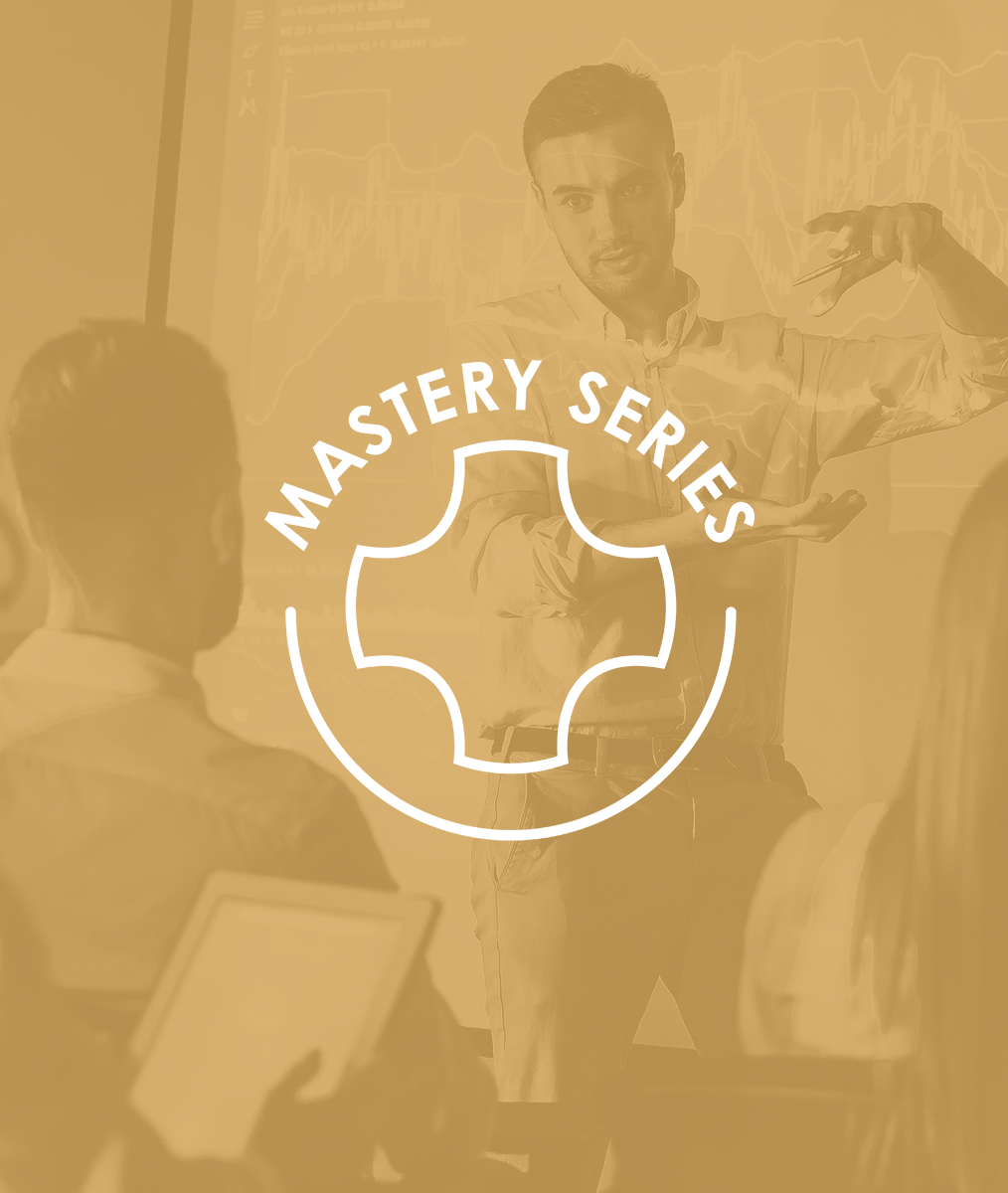
Head, Hands, Heart
L.D. Pankey, when talking about the assimilation of knowledge would say, “First you get it in your hands, then your head, and finally in your heart,” meaning objective understanding and competence was only a step in becoming a complete dentist.
This, of course, was a hard message to hear as a young clinician, because after rapidly proceeding through Pete Dawson’s curriculum, purchasing three Denar articulators, and then going on to The Pankey Institute, I felt that I was ready to start practicing as a “comprehensive dentist.”
But unfortunately, most of my patients and the citizens of my berg didn’t get the memo. Most of them just looked at me suspiciously, while others left. Fortunately, a few of them allowed me to perform my “complete exam,” collect study models and take 35mm slide photography. And then, I’d spend hours waxing up cases, and preparing a thorough written report containing all of my findings and recommendations. Finally, I’d make a “case presentation” appointment and unveil the brilliance of my understanding of complete dentistry–about which I was sure the patient would be impressed and then have no alternative but to say “yes” to my plan for them.
From there, it was easy for me to visualize a completely organized schedule full of people who had said “yes,” and a projected level of income of my choice based upon how hard I wanted to work, and the number of hours I was willing to commit to being at the office. It all sounded so perfectly logical, and it all fits quite well with my left brain driven in the world view of dentistry.
But things didn’t work out that way very often. And since that time, I’ve have spoken and consulted with literally hundreds of dentists who’ve experienced similar frustrations. Many of them told me that they eventually gave up on their effort to try and practice comprehensive dentistry. Others took their practice to near bankruptcy via their determination.
You see, most of us missed Dr. Pankey’s message the first time we heard it, or even after the next two or three times.
We failed to recognize that the concept of complete care also hinged on how each patient felt, what they wanted for themselves, and what the solution would mean to them on an emotional level.
It was only after this difficult realization that things began to improve for me and my practice. The work of Carl Rogers, Bob Barkley, Lynn Carlisle, Avrom King, Sandy Roth, Mary Osborne, and many others, helped me to make some critical adjustments regarding how I was communicating with my patients–and perhaps even more critically– when.
Patient-centered dentistry is just that, patient-centered, not treatment centered.
This means we must first come to appreciate each person without imposing our beliefs and expectations upon them. This is a process that involves feelings first (their feelings not ours) before cognition–and before the discussion of any solutions. We must first be able to grasp the contextual meaning of the dentistry in each person’s life, and by so doing, better appreciate their perspective.
When we become better at doing this, we’ll feel that our knowledge has finally reached our hearts and the hearts of our patients as well. And it’s only at that moment that things will start to become easier and our patient’s behavior more predictable. It’s only at that moment that the “yes” to comprehensive dentistry will happen on a regular basis.
Related Course
Mastering Business Essentials
DATE: August 7 2025 @ 8:00 am - August 9 2025 @ 12:00 pmLocation: The Pankey Institute
CE HOURS: 22
Regular Tuition: $ 3295
Single Bed with Ensuite Bath: $ 345
The Blueprint for Running a Practice with Long-Term Growth Dr. Pankey’s original philosophy encouraged dental professionals to be proficient in 3 specific areas: technical mastery, behavioral excellence and business savvy….
Learn More>






